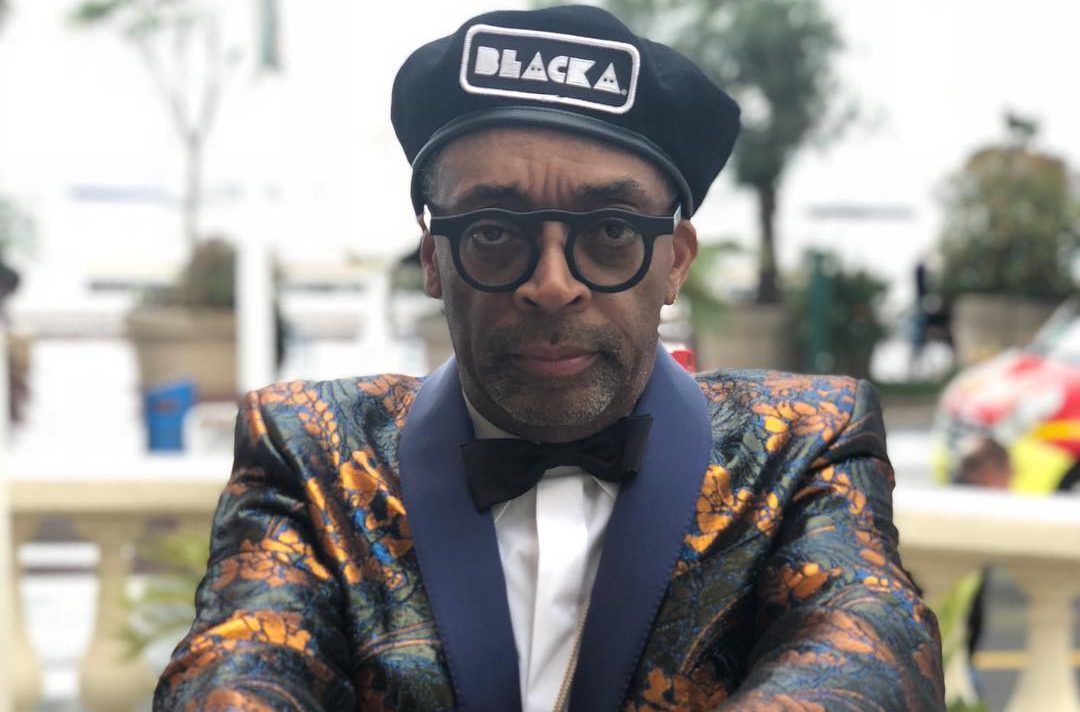Get Ready for BlacKkKlansman with These Other Great Spike Lee Movies
These five classics will hold you over until BlacKkKlansman premieres.

These five classics will hold you over until BlacKkKlansman premieres.

Say what you will about Spike Lee, but the man knows how to get people talking. His films tend to spark debate and divide audiences in the way they interpret his work. Regardless of his work’s critical reception, there is no denying that the man is a fearless filmmaker willing to push the boundaries of the medium, even at his own hazard. His latest work, BlacKkKlansman, is no exception. The movie, based on the true story of Ron Stallworth, focuses on an upstart black detective’s efforts to infiltrate the KKK in 1970s Colorado Springs. It debuted at Cannes Film Festival in May and received a standing ovation and has a 95% rating on Rotten Tomatoes , but has also received its share of critical reviews.
As excitement builds for the film’s wide release in August, it’s worth revisiting some of his earlier work to appreciate why Spike Lee is truly one of a kind.
Inside Man is a fast-paced, stylish heist thriller will grip you from start to finish. Denzel Washington and Clive Owen play a dangerous cat and mouse game as Owen attempts to pull of the perfect heist and Washington attempts to stop him. It starts as a relatively straightforward plot, but becomes more intriguing as Christopher Plummer’s character who founded the bank attempts to protect a dark secret using the help of “fixer” Jodie Foster. The movie challenges societal interpretations of right and wrong without being overly complex. Lee keeps the audience at least partially in the dark until the movie’s final minutes, and the payoff is worth the wait.
This semi-autobiographical family drama set in 1970s Bed-Stuy is as warm and emotional as Lee’s work gets. Crooklyn depicts Bed-Stuy through the eyes of young Troy Carmichael, played by Zelda Harris. Throughout the summer of the movie’s plot, Troy leaves Brooklyn to visit family and returns only to find out that her mother has been diagnosed with cancer. In coping with this, Troy grows greatly. The purpose of the movie, as Lee tells it, “wasn’t my intent to make a film that reminisced about this grand old time back in the 1970’s. I just wanted to tell the story of this young girl who was coming of age during that time. And also to show an African-American family that was not dysfunctional; that was headed by two parents.” Co-wrote with his siblings Joie and Cinque, Crooklyn gives viewers a look into the world Lee grew up in, a nearly forgotten Brooklyn.
The condition of http://robertrobb.com/keep-it-real-on-additional-ed-funding/ online viagra joint pain can be divided into two main subtypes – bipolar disorder type I or bipolar disorder type II – although the expansion of bipolar spectrum may be of clinical relevance.
What goes through a man’s head in his final day before incarceration? 25th Hour examines this question in the aftermath of 9/11 with a star-studded cast. Edward Norton plays a drug dealer sentenced to nearly a decade in prison attempting to get his affairs in order before he turns himself in. While bidding his friends, father, and girlfriend farewell, and even settling one last score, he has little time to prepare himself for prison. Instead he finds small moments to reflect on past mistakes and come to terms with his fate, highlighted by an artfully reserved performance from Norton. The supporting cast of Rosario Dawson, Philip Seymour Hoffman, Brian Cox, and others complement Norton perfectly, and the cinematography and editing make this film one of Lee’s true masterpieces.
Denzel Washington is one of the greatest actors of our time. He’s played heroes, villains, and everything in between. Few of his roles have been as intense and immersive as that of Malcolm X. Washington gave one of the performances of his career in Lee’s three and a half hour biographical epic, a film that took years to make and underwent a rollercoaster of issues while in production. The end result was a complex, gripping examination of Malcolm X’s life an legacy. The lengthy runtime allows the movie to show how Malcolm X changed over time, and Lee’s directorial prowess shines throughout. Malcolm X was also released during a time of great racial unrest (which still exists today), and forced white people to confront racial issues from people of color’s perspective instead of politely sidestepping them.
Spike Lee’s first film is arguably his best. Do The Right Thing is set in Bed-Stuy during the hottest day of the summer in a (you guessed it) time of elevated racial tensions. Lee plays a pizza delivery guy working for Sal, an Italian-American business owner in primarily black Bed-Stuy. While Sal isn’t overtly racist, he refuses to put any black people up on his restaurant’s “Wall of Fame.” Initial displeasure over this escalates to a fight between Sal and one of the neighborhood men (who is black). Police arrive on the scene and unintentionally kill the neighborhood man, which eventually leads to a full-blown riot. This fictional situation and Lee’s masterful examination of neighborhood pride and race relations in Brooklyn have stood the test of time to remain relevant today.

Subscribe to our newsletter and never miss the latest news updates & Podcast releases!
